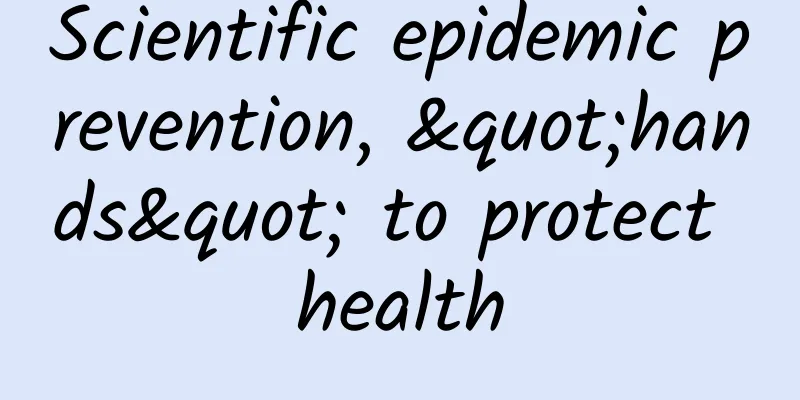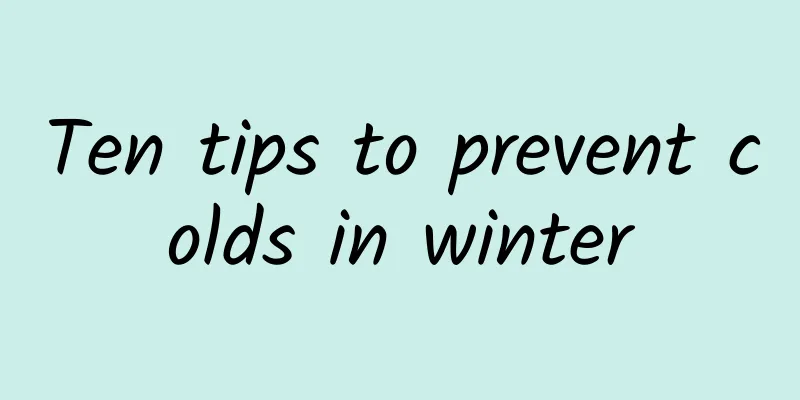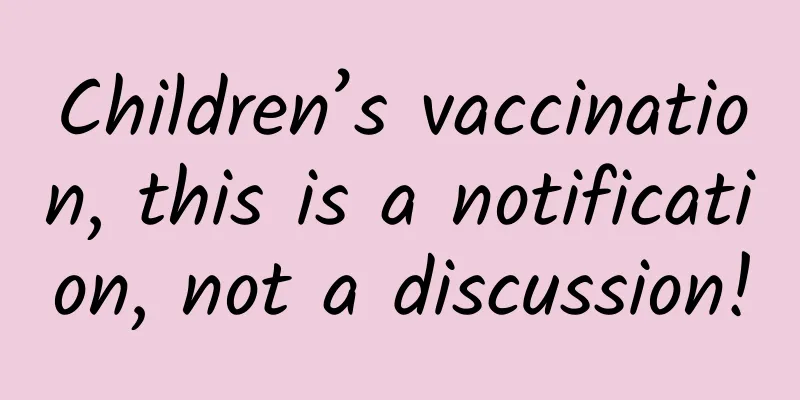Scientific epidemic prevention, "hands" to protect health

|
Since July this year, clustered COVID-19 outbreaks have occurred in Nanjing, Yangzhou, Zhengzhou, Jingmen and other places in my country. The existing local confirmed cases involve 16 provinces in China. As of 18:00 on August 16, there are 29 high-risk areas and 105 medium-risk areas. This epidemic that occurred in multiple sources and points in a short period of time has made my country face the most severe and complex prevention and control situation since 2021. Ma Xiaowei, director of the National Health Commission, said in an exclusive interview: We must strive to control the current epidemic by the end of August and restore social life to normal as soon as possible. To correctly prevent the new coronavirus, you must get vaccinated in a timely manner, continue to wear masks, maintain a safe social distance, wash your hands frequently, and gather less. The epidemic has made everyone realize that frequent hand washing is the simplest and most effective way to prevent infection. Many people wash their hands, but do not use soap or hand sanitizer or wash their hands for a short time, which greatly reduces the effectiveness of hand washing, and the threat of bacteria and viruses still exists. In this issue, the editor of Science Popularization will once again popularize for everyone how to wash hands correctly and some little knowledge about hand washing. 1. Basic principles of hand washing Wash your hands with running water and rub every part of your hands with hand sanitizer or soap, especially between your fingers and skin folds. Rub your hands with soap or hand sanitizer for more than 20 seconds each time to effectively reduce bacteria. Dry your hands with paper towels after washing. 2. When do you need to wash your hands?
3. Standard hand washing method Seven-step hand washing method (inner and outer wrist arching)
4. What to use to wash hands Hand sanitizer, soap, and perfumed soap are commonly used hand washing products. Hand sanitizer is recommended first because the bactericidal ingredients added to hand sanitizer can effectively inhibit or kill various bacteria on the hands. It also contains care ingredients, including moisturizers, which can reduce irritation and moisturize the skin. The main function of soap and perfumed soap is washing, and it cannot completely kill bacteria. If soap and perfumed soap are used together, it may cause cross infection. Soap, perfumed soap, and soap boxes themselves are also prone to breeding bacteria. The hand sanitizer bottle is completely enclosed, which can prevent hands from contacting the liquid itself when using it, thus effectively avoiding the above problems. 5. What should I do if I can’t wash my hands? When washing hands is not possible, the first choice is an alcohol-containing quick-drying hand sanitizer. Those who are allergic to alcohol can use non-alcohol hand sanitizers such as quaternary ammonium salts. Take 1-2 ml of disinfectant on the palm of your hand and rub it until dry according to the standard hand washing method. 6. Don’t be a hands-off shopkeeper after washing your hands After washing your hands, you should dry them immediately because falling water droplets can carry bacteria and viruses to other places and accelerate bacterial reproduction. Therefore, drying your hands not only removes the water, but also removes some "slipped" bacteria and viruses from your hands. For this reason, it is not recommended to use a towel when drying your hands, let alone a wet towel, because it will not be clean once used repeatedly. It is recommended to use a disposable paper towel to gently dry your hands. Wash your hands frequently to prevent viruses and pay attention to your own health. Build a strong barrier against epidemics, Strive to control the epidemic by the end of August! |
<<: Can I swim right after dinner? Why do I need to wear a swimming cap when swimming?
Recommend
What are the conditions for pregnancy?
In order to achieve the conditions for pregnancy,...
Bleeding suddenly occurred when I was two months pregnant
When pregnant, women usually pay great attention ...
What are the symptoms of kidney stones in women?
Kidney stones are a common and frequent disease t...
Girls have pimples on the outside of their genitals
Whether you are a girl or a woman, you should pay...
Female head circumference standard table
Head circumference, as the name suggests, is the ...
What should I do if I have warts at the vaginal opening?
In fact, gynecological diseases may not seem to b...
What are the causes of pain in the right lower abdomen of women?
There are many reasons why women experience pain ...
Treatment for premenstrual insomnia
Many female friends will have various uncomfortab...
What are the symptoms of anemia in pregnant women?
Pregnant women should pay close attention to thei...
Contraindications before cervical cancer screening
Cervical screening is an important way to identif...
Why does my lower abdomen hurt when I press it during ovulation?
Because the causes of abdominal pain vary greatly...
What is cervical liquid-based cytology?
Currently, when doing cervical liquid-based cytol...
What are the symptoms of retained placenta?
Under normal circumstances, the placenta will fal...
What is a cold body constitution? How to treat cold body constitution? What to eat?
Many people, especially women, are prone to feeli...









